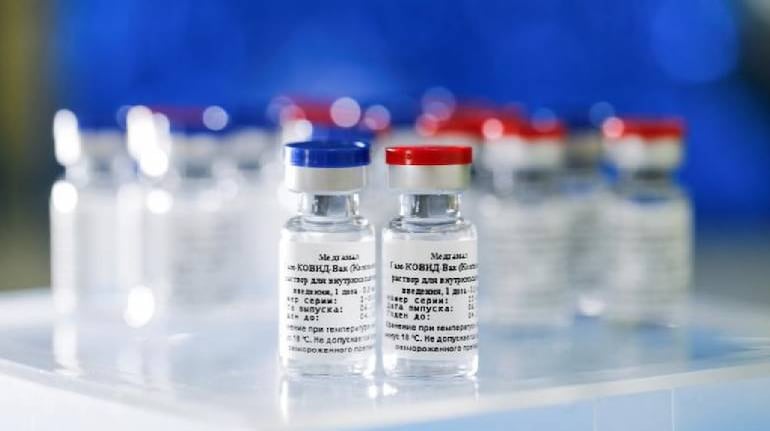



Russia’s sovereign wealth fund RDIF and drug maker Hetero have agreed to produce 100 million doses of Sputnik V vaccine every year in India.
The parties intend to start the production of Sputnik V in the beginning of 2021.
Along with Russia, currently Phase III clinical trials are approved and are ongoing in Belarus, the UAE, Venezuela and other countries, as well as Phase II-III in India.
This is second such partnership by an Indian company with RDIF. Earlier Dr Reddy's partnered with RDIF to conduct clinical trials, manufacture and distribute 100 million doses of Sputnik V vaccine in India.
Interestingly, as per the partnership with RDIF both Dr Reddy's and Hetero not just supply to Indian market but also export the vaccine to other countries.
RDIF said requests for more than 1.2 billion doses of Sputnik V vaccine came from more than 50 countries. The vaccine supplies for the global market will be produced by RDIF’s international partners in India, Brazil, China, South Korea and other countries.
Follow Moneycontrol's COVID-19 Vaccine Tracker here.
"We are pleased to collaborate with RDIF as a manufacturing partner for the most anticipated Sputnik V vaccine for the treatment of COVID-19," said B. Murali Krishna Reddy, Director – International Marketing, Hetero Labs.
"While we look forward to the clinical trial results in India, we believe that manufacturing the product locally is crucial to enable swift access to patients," Reddy said.
Hetero was in forefront in bringing therapies for COVID-19 such as antiviral drugs remdesvir and Favipiravir. The company along with Cipla were the first companes to be approved to sell Gilead's drug remdesivir in India.
“We are delighted to announce the agreement between RDIF and Hetero that will pave the way to production of the safe and highly effective Sputnik V vaccine on Indian soil," said Kirill Dmitriev, CEO of RDIF.
"I am confident that Sputnik V should become an integral part of the national vaccine portfolio of every country willing to protect its
population from the coronavirus," Dmitriev added.
The Gamaleya Center and RDIF November 24 announced positive results
obtained during the second interim data analysis of the late stage clinical trials in Russia’s history involving 40,000 volunteers.
Russian authorities claimed the vaccine demonstrated 95 percent efficacy on the 42nd day after the first dose (equivalent to 21 days after the second dose).
The Russian vaccine is based on two different human adenoviruses as vectors, which the RDIF says allows for a stronger and longer-term immune response as compared to vaccines using one and the same vector for two doses.
Discover the latest Business News, Sensex, and Nifty updates. Obtain Personal Finance insights, tax queries, and expert opinions on Moneycontrol or download the Moneycontrol App to stay updated!
Find the best of Al News in one place, specially curated for you every weekend.
Stay on top of the latest tech trends and biggest startup news.